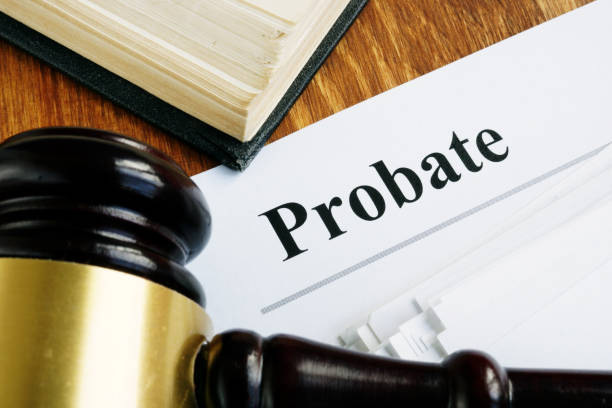How to Avoid Probate on Bank Accounts? Probate is the process that determines heirs, pays creditors and distributes assets after a person dies.
It can be an expensive and time-consuming process. It can also leave heirs and beneficiaries with a great deal of grief and anxiety.
Avoiding probate is possible, but it requires planning. With the help of an attorney and financial advisor, you can make the most of your assets while minimizing the expense and hassle of probate.
Payable-on-death (POD) accounts
A payable-on-death (POD) account is an easy way to transfer money from a bank or investment company to a beneficiary outside of the probate process. It’s a cost-free service that allows the owner of any checking and savings accounts, certificates of deposit (CDs), or other assets to name a beneficiary who will receive the funds as soon as the account holder dies.
The beneficiary will need to provide a certified copy of the death certificate and proof of their identity to access the POD funds. However, if the POD account was jointly owned by more than one person, then the beneficiaries may have to wait until all owners have died before they can claim the money.
Using a POD account can be an effective tool in estate planning, but it is also important to have a comprehensive plan that considers all of your assets and your wishes. A poorly thought-out plan could leave your earnings in the wrong hands, and it can even lead to disputes among family members over your inheritance.
Joint accounts
A joint bank account is a type of bank account where two people share ownership rights. Both owners can deposit and withdraw money, and they can decide how the money is used.
Joint accounts can be useful for couples who want to save for a shared goal such as a down payment on a home or an upcoming vacation. They can also help keep track of spending and encourage accountability between partners.
But, it’s important to consider whether a joint bank account is the right choice for your situation. Some people feel more comfortable keeping their own individual accounts, especially if they have different spending habits.
The key is to have an honest conversation with your partner about their financial goals and expectations, says Corbin Blackwell, a financial planner at Betterment. This way, you can make sure you are opening a joint account that meets both of your needs and avoid any potential conflicts down the road.
Transfer-on-death (TOD) accounts
A TOD account allows a person to name a beneficiary to receive the assets in their non-retirement financial accounts upon their death. Similar to naming beneficiaries on retirement accounts, such as IRAs and 401(k)s, TODs avoid probate by distributing the account assets directly from the bank or other financial institution at the time of the deceased individual’s death.
If you have a TOD account, it is important that your designated beneficiaries are aware of your wishes so they can be prepared when you die. You should also review your TOD accounts frequently to ensure that all of the assets you have named to pass to your heirs are still in tact.
In addition to avoiding probate, TOD and POD accounts can help you save money by reducing your estate tax liability. However, it is important to remember that TOD and POD accounts are also subject to creditors’ claims.
Beneficiary designations
Choosing a beneficiary can be a quick and easy way to transfer funds or assets upon your death. However, it’s important to make sure your designations are up to date and consistent with other documents in your estate plan.
Assets that have a valid designation will pass to your beneficiary outside of the probate process, which means they’ll be accessible to your loved ones after you die. That’s a great advantage for anyone who wants to avoid the long, costly, and oftentimes inconvenient process of probate on bank accounts.
In addition to naming your spouse as a primary beneficiary, you can name other beneficiaries as well. These include children, friends, and charities.
